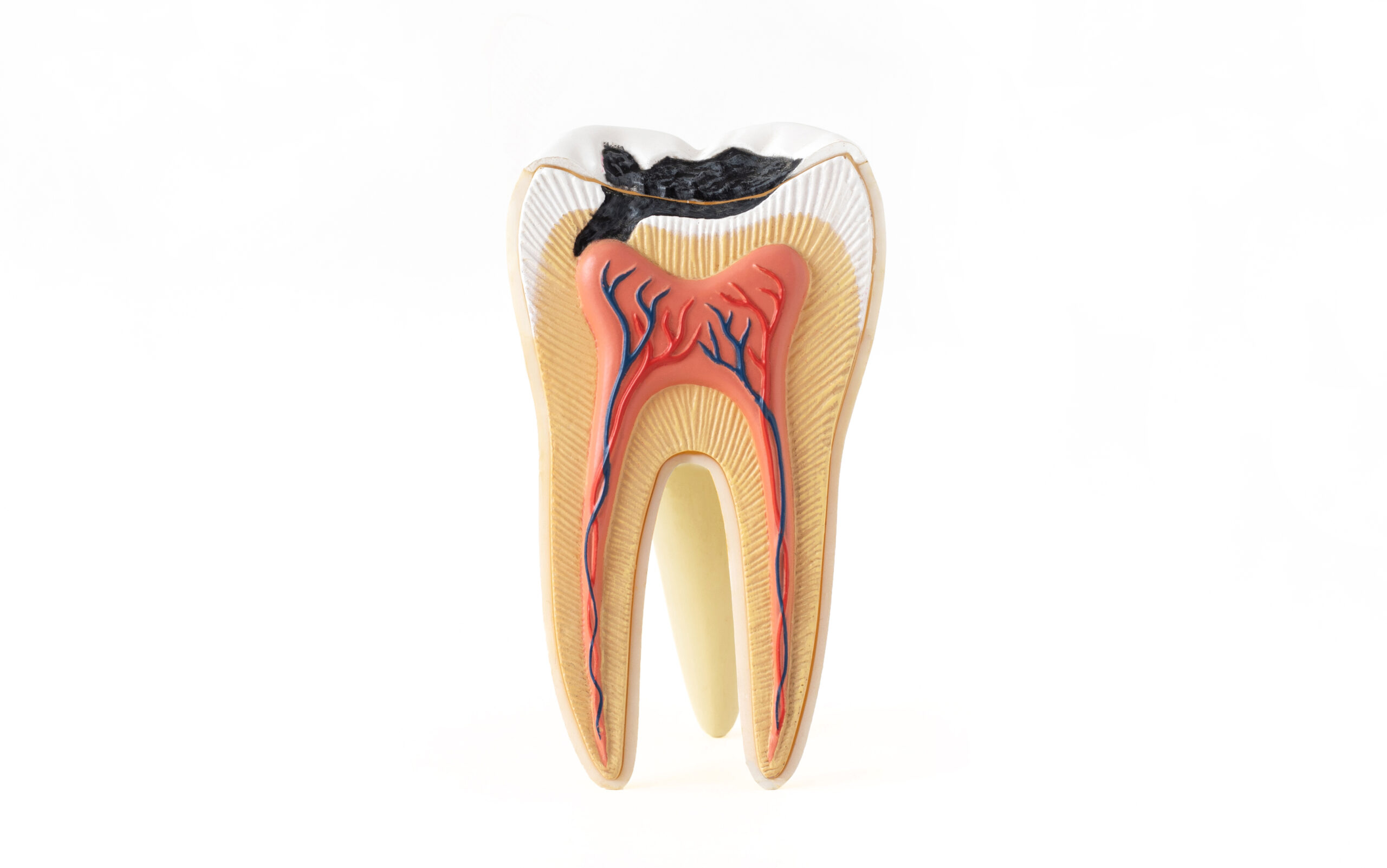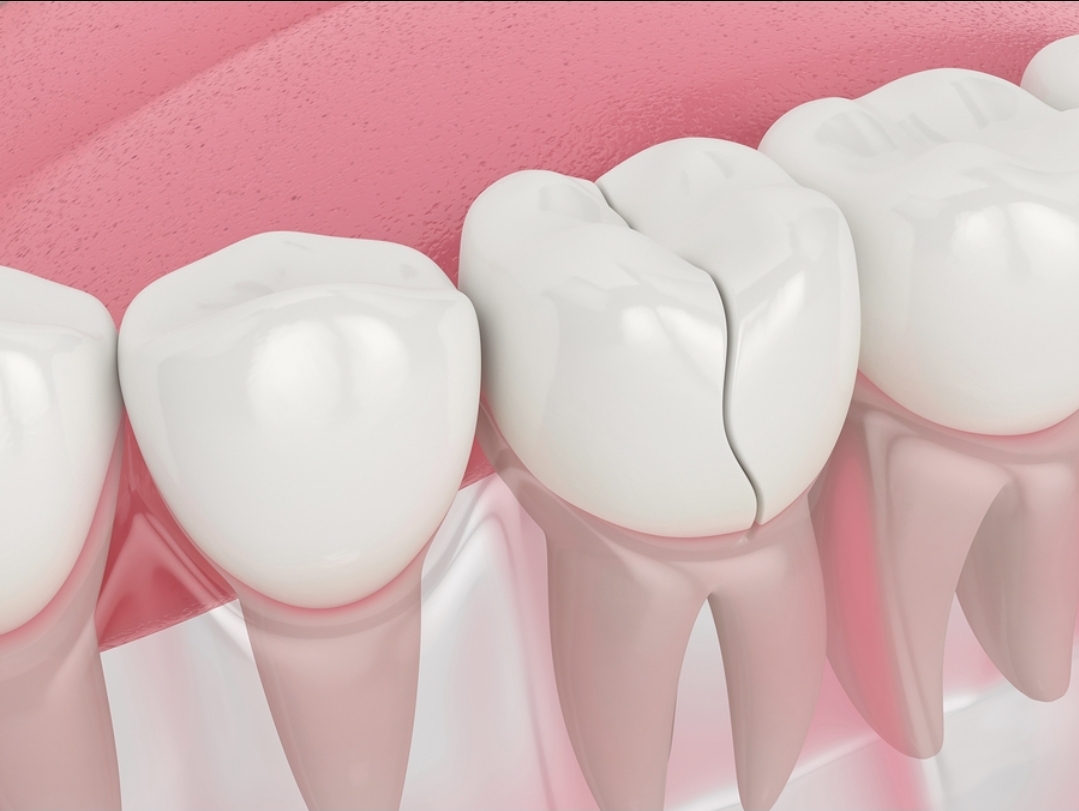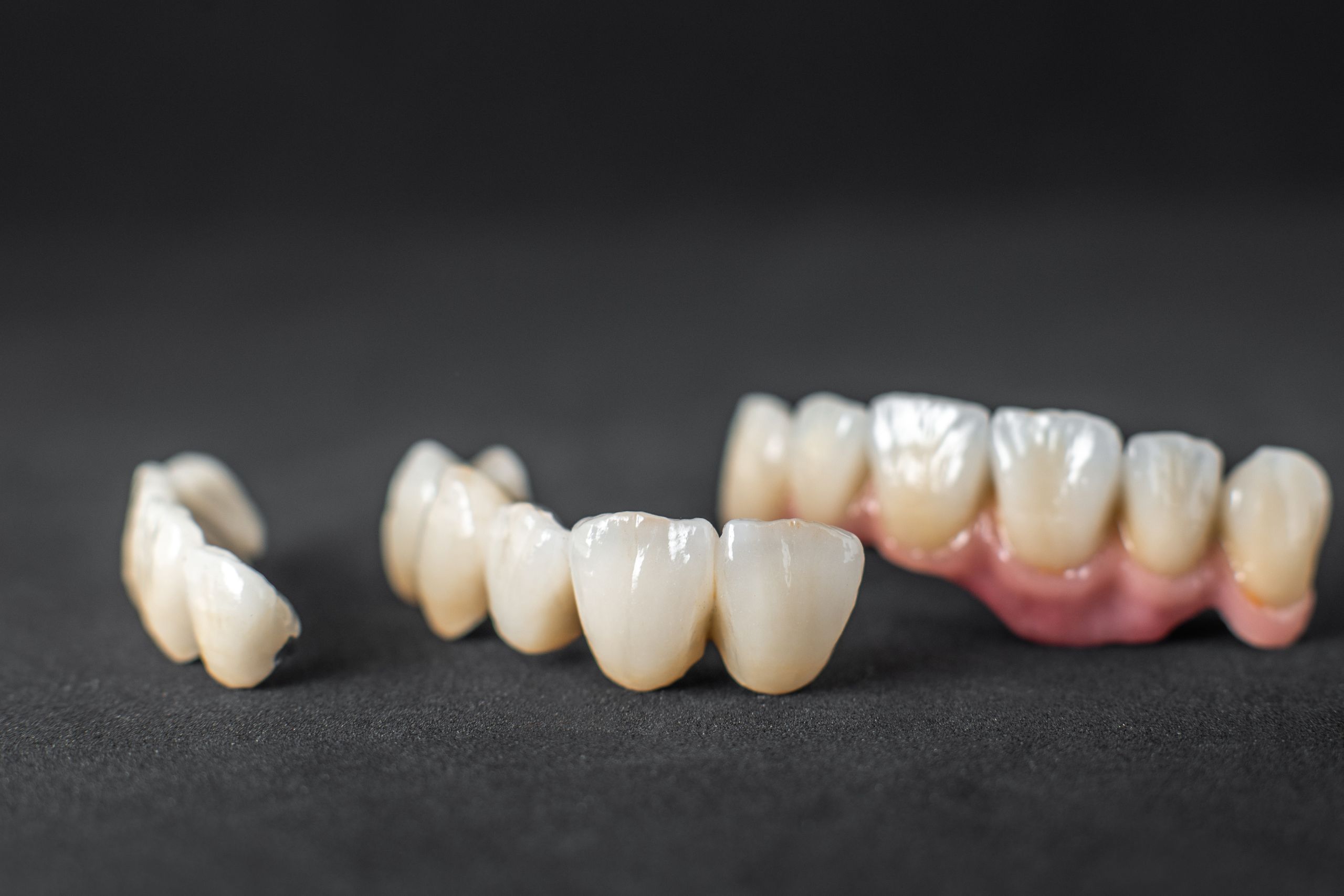
Do you experience sharp pain when biting down on your tooth? Are you highly sensitive to temperature changes? These may be symptoms of a crack in your tooth. However, sometimes cracked or broken teeth or tooth decay lead to nerve exposure, or cracked tooth nerve exposure. The condition can cause excruciating pain and discomfort.
If the condition worsens, it may necessitate tooth extraction. Your dentist is the key player whose timely intervention and treatment can save your tooth even after nerve exposure.
Understanding Cracked Nerve Tooth Exposure
The nerves nourish your teeth and play a vital role in transmitting hot and cold sensations to the brain. They differentiate biting an apple from biting a chocolate or a pizza.
However, when a tooth cracks, the pulp, which contains the nerve and blood vessels, may be exposed. This can cause tooth sensitivity and even infection, which can spread to the jawbone and other areas of the mouth, leading to further oral complications. A dentist in Oklahoma City can save your tooth with timely intervention.
How Can A Dentist Save Your Tooth After A Cracked Tooth Nerve Exposure?
First, you have to understand the symptoms of exposure of the cracked tooth nerve. They are:
- Excruciating pain in the cracked tooth.
- Swelling.
- Gums turn red.
- Visible cracks.
If you notice any symptoms, visit a reputable dentist. They may consider it an emergency and thoroughly assess the problem.
If the problems can be treated with medicine, they will be treated first. Here are some over-the-counter (OTC) medications they may recommend to help numb the pain.
Painkillers
Non-steroidal anti-inflammatory drugs, such as ibuprofen, can help numb the pain of your teeth.
Topical Anesthetics
Your dentist may even recommend over-the-counter Benzocaine anesthetics to relieve the pain caused by cracked tooth nerve exposure temporarily.
Oral Analgesics
Analgesics containing Benzocaine or Lidocaine can relieve pain. They are available as gels and liquids.
However, sometimes the situation may reach a point where medications are no longer effective.
At this stage, in addition to medications, your dentist may suggest one of the flossing dental procedures to protect your tooth when a crack exposes the tooth nerve.
Root Canal Treatment
The dental procedure effectively eliminates the infected pulp tissue and seals the tooth gaps to prevent any further damage. Discuss the procedure in detail with your dentist. Yes, they are safe.
Dental Bonding
They may fill the crack of your tooth with a tooth-colored resin. Millions of people in the United States and worldwide have benefited from this dental procedure.
Dental Crowns
Dental crowns are an effective treatment for exposed tooth nerves. When a tooth has excessive damage, the dentist uses a crown to protect it from further damage.
Cracked tooth nerve exposure is a situation that can cause intense pain, sensitivity, and discomfort. Neglecting it for long may even cause further damage to your teeth and nerves.
Consulting a dentist should be your priority to save your tooth. Our dentists are equipped with the best-in-class equipment to assess your problem to the root and suggest the best quality treatment tailored to your requirements, save your tooth from the ravages of tooth nerve exposure.





